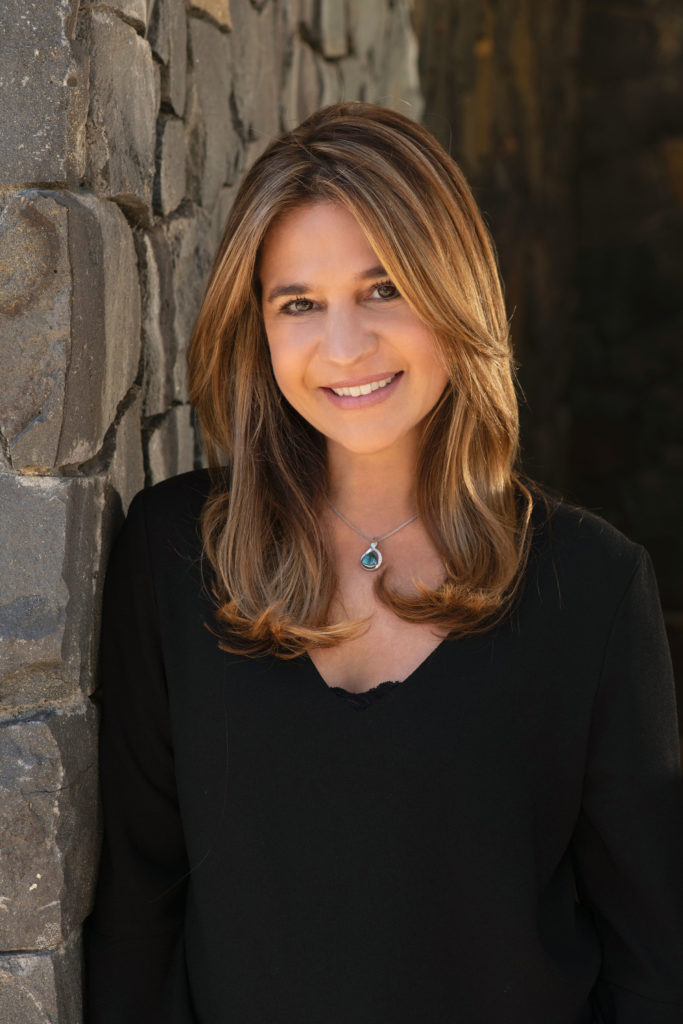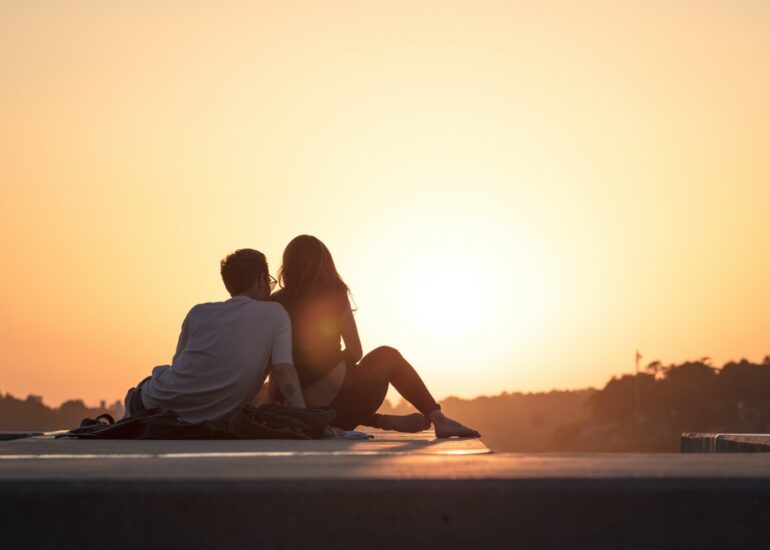As more and more vaccines to protect against Covid-19 become available, and state governments loosen social distancing restrictions, people, including singles, have begun re-emerging from lockdown. On April 10, the CDC reported that approximately 179 million vaccines had been administered in the U.S.
While the country gradually transitions back into “normal” life, singles who’ve put their dating lives on pause during the pandemic or slowed down their efforts now face a new question: When should they get back in the game?
Though many singles are excited by the prospect of a return to dating, others are experiencing apprehension over the idea of putting themselves out there again. So pervasive the feeling, the dating app, Hinge, has coined a name for it: FODA, or “Fear of Dating Again.”
It’s not surprising singles feel this way; the pandemic altered the face of dating in a monumental way. Social distancing guidelines put the skids on singles meeting other singles using traditional channels — through friends, bars, and by chance.
Instead, singles had to rely more heavily on online dating platforms to meet matches and technology such as Zoom and FaceTime to stay in contact and foster relationships with them. Then, once matches agreed to meet in person, they had to get creative by planning socially distant dates, dates outside, or get tested for Covid-19 before the date.
From a logistical standpoint, dating this way took a lot of effort. Plus, there were other variables in the dating world to sift through over the past year, which complicated matters further.
According to Debra Yeager, LCSW, CST, a clinical social worker and therapist based in New Jersey, “Never before have we been divided in such an intolerant way. Now add the pandemic and how people treat the rules. Failure to social distance and mask-wearing are seen as examples of a lack of compassion or red flags if people are not aligned.”
The result was the emergence of a community of singles who dated with more deliberation. But not necessarily because they wanted to, but because they felt they had to in order to keep themselves safe.
So it stands to reason, with the protection of a vaccine, the older, more carefree way of dating should be more appealing. Why, then, the hesitation?
Post-traumatic stress disorder
As of March 30, there have been over 31 million recorded Covid-19 cases and over 560 thousand Covid-related deaths in the U.S. alone. The world has been struggling through the collective trauma of surviving a pandemic over the past year, which can breed negative emotions.
When a person goes through trauma, they can experience post-traumatic stress disorder, also known as PTSD. The phenomenon refers to situations in which a person goes through a traumatic event or time and relives it when confronted with triggering cues. The threat of getting sick or dying during the pandemic might have been so traumatizing for some as to continue causing them issues even after becoming safe to date again.
Of course, dating always came with risks, especially for singles meeting those they don’t know on online dating sites where there’s no point of reference for them. It’s why frequent advice for singles includes vetting their matches before dates, meeting in a public venue, and protecting their privacy.
“This has obviously been exacerbated by the fear of the virus,” Yeager says.
During the pandemic, dating became a potentially life-threatening prospect just from being in close proximity to someone regardless of who or what their intentions were.
New routines
Many people established a pandemic routine to cope with the lack of freedom and mobility people once enjoyed. As people grow more accustomed to a routine, it becomes more difficult to break that routine.
According to Yeager, “the need to date often comes from outside pressure — parents, friends, society. With the pandemic, this pressure disappeared and may have resulted in a decline in the need to go outside of one’s comfort zone and face the things that are needed to be done in order to date.”
Singles may have become comfortable with the idea of staying home during the pandemic and subconsciously considered lockdown measures to be indefinite. In other words, they’ve grown complacent with their routines and aren’t able to cope with even more change.
The ability to see the light at the end of the tunnel contradicts this subconscious notion that lockdown is permanent. For many, it creates a sense of cognitive dissonance and discomfort, requiring a readjustment to their mindsets before re-engaging with the world. It can be daunting.
The key to this is to only date people who make you comfortable. To that end, creating new deal breakers can be helpful.
“Wearing a mask is like wearing a condom. Failure to wear both can put your life in jeopardy. Be wary of someone who disregards their importance,” Yeager says.
Declining social skills
When people practiced social distancing measures for a year, they significantly reduced their social circles to only a cohort of close friends, family members, and housemates. Some singles who lived alone and had been particularly strict about social distancing measures did not have a physical group of people to interact with at all.
According to Bumble’s research, more than two out of three users reported a heightened sense of loneliness due to the pandemic.
Those in relationships fared better; according to eharmony’s 2021 Happiness Index Study, 36 percent of those surveyed said their relationship positively impacted their mental health. Seventy-one percent reported they were happy to have someone to be with during the pandemic.
The loneliness induced by isolation can impact social skills, resulting in social anxiety for people as they return to social settings. Specifically, singles might be frustrated with dating because they lack the suaveness or social prowess they once enjoyed pre-pandemic.
The Bumble survey also found that women are experiencing higher anxiety levels, reduced body confidence, and less self-confidence than men.
Dating requires people to have strong enough social skills to entertain a potential match for an evening, and it could be discouraging for people to not be as smooth at first as they once were.
“I think wary singles need to begin by creating new ways to ease into intimacy, and I’m not just talking about sex,” Yeager says.
“Take some cues from the past. Get to know someone before meeting face to face. Talk on the phone or even write letters. I know it sounds hokey, but if there’s increased anxiety about sharing space with someone, you can still build a relationship. It doesn’t have to be all or nothing.”
What singles may also find is that everyone is in the same situation: the whole country has been in lockdown for the past year and is just now starting to emerge once again. Like any other skill, people’s social skills will be rusty at first, but they will eventually return. It may just take some time.
Fear of the unknown
In general, people fear what they don’t know. However, during times of uncertainty, it’s a good idea to focus on what you do know. And that is, even when a situation seems to be at its worst, life goes on. No matter what, circumstances can and will always change, including for the better.
When it comes to adjusting to life after Covid-19, everyone has a choice: to live in the past or adopt an optimistic mindset to face a post-pandemic dating landscape head-on.
“A helpful way of thinking about the unknown, pandemic or not,” Yeager says, “is to remember that the future is always unknown. So you should live your life regardless.”
Because, most of all, what an uncertain future holds are possibilities.

Cassie Zampa-Keim is a nationally known matchmaker, relationship coach, and online dating strategist based in Marin County, C.A. For more than three decades, Cassie has helped thousands of clients find satisfying relationships and love. Cassie has been happily married to her husband, Mike, for over 20 years. Together they share two daughters, Kaylie (20) and Lauren (17), a son, Evan (13), one dog, a bunny, and lots of laughs.

